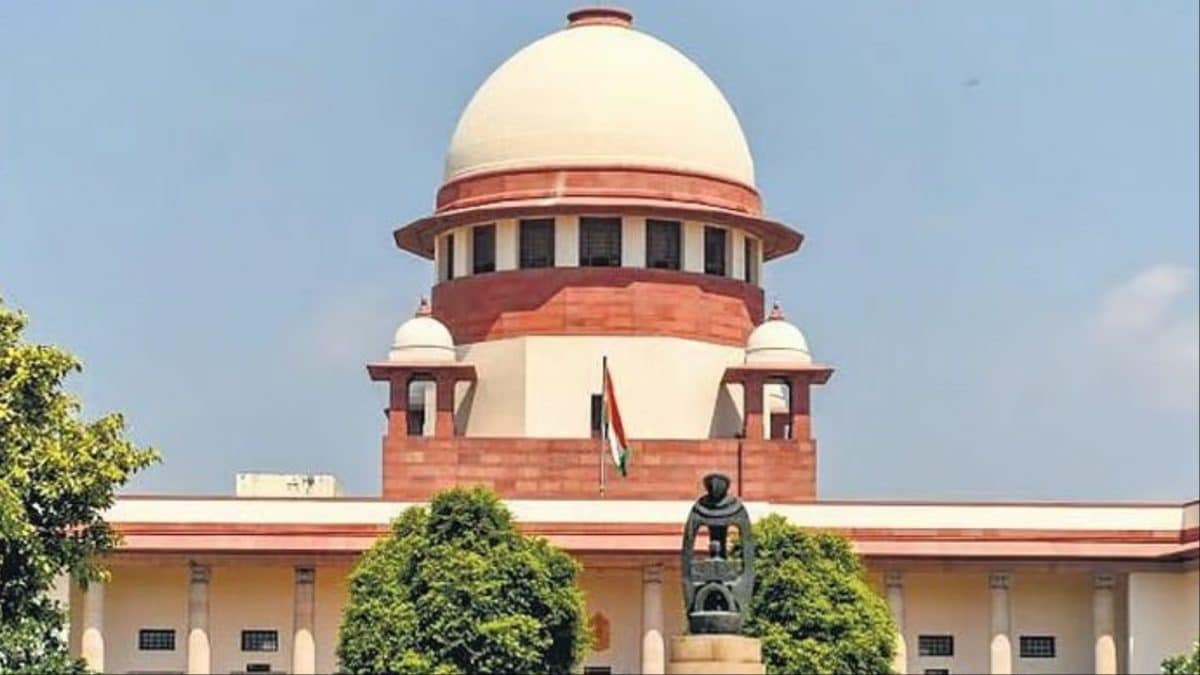Construction Workers’ Federation of India (CWFI) has questioned the recent launch of the Digital Labour Chowk Portal/App, the establishment of Labour Felicitation Centres (LCFCs), and the new Online Building and Construction Workers Cess Collection Portal by the Union Labour Ministry.

The federation said all such schemes are being implemented without consultations with the trade unions and are intended to ‘de-unionise’ construction workers and help employers. Citing “fundamental flaws” and “anti-worker implications” of the new measures, the CWFI demanded the Centre to immediately stop the roll-out of the schemes.

The CWFI said the technology-driven initiatives are not steps towards worker empowerment or welfare, but a top-down bureaucratic exercise designed to prioritise data collection and surveillance over the statutory rights and participatory governance of construction workers. CWFI general secretary U.P. Joseph said in a statement that these initiatives are a poorly disguised distraction from the fundamental failure of the state to effectively register workers and disburse billions of rupees due to them under the Building and Other Construction Workers (BOCW) Act.

“The government is spending resources on building digital gates while leaving the vault locked. A digitised collection portal is utterly useless if the money continues to sit idle due to political and bureaucratic inertia, and corruption,” Mr. Joseph said.
He said the Digital Labour Chowk App is intended to encourage de-unionisation by substituting a regulated, digital matching system for collective bargaining spaces. “The requirement for digital literacy and smartphone ownership actively exacerbates the digital divide, excluding the most vulnerable, illiterate, and remotely located workers from welfare access and leaving the unorganised majority behind,” he said, adding that the app will introduce algorithmic control, subjecting workers to surveillance and deployment decisions will be taken without transparency or union oversight.
The LCFCs, he said, are tools for state control and sanitisation of organising spaces. “The centres primarily function as delivery points for government schemes, focusing on formally classifying workers as beneficiaries instead of intervening in labour law violations, enforcing on-site safety standards, or facilitating collective negotiations on wages and working conditions.,” he said.

 1 hour ago
3
1 hour ago
3








 English (US) ·
English (US) ·